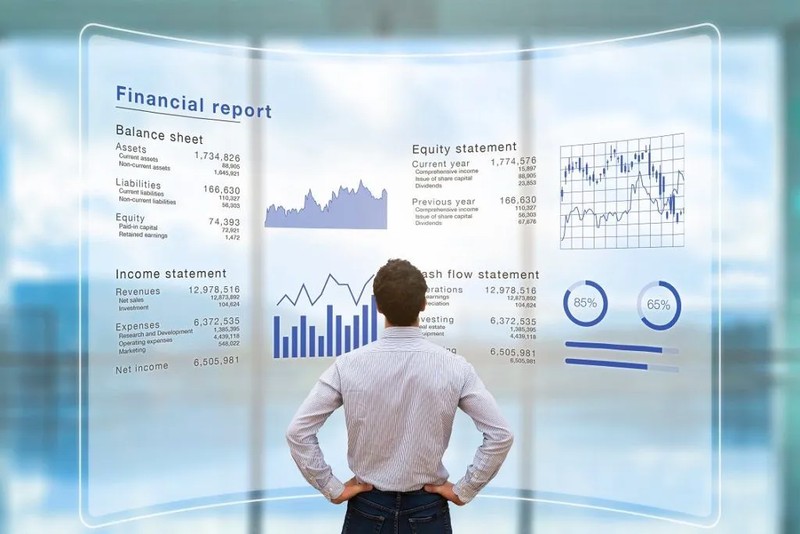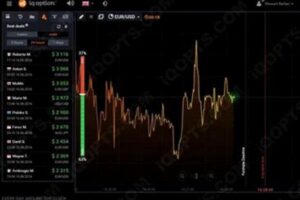Management accounting or management identification is the process that identifies, analyzes and communicates to managers relevant information which will assist them in setting goals for their organizations.
Accounting that provides management with operational metrics is called management accounting. The information is based on the cost of the goods or services purchased by an organization. Budgets help quantify the decisions made in operational planning. Management accountants use performance reports to monitor variances between actual results and budgets.
Financial accounting is different from management accounting in that it involves collecting data to create financial statements. Accounting business transactions is what management accounting is.
What are Management Accounting and their functions?
Management accounting is the process of preparing reports about business operations that will help managers to make short-term and long-term decisions. It helps a company achieve its goals by identifying, measuring, analyzing, and interpreting information and communicating it to managers. The four main functions of management accounting are:
- Predicting the Future
The forecasting process can answer questions like: Should a company invest more in equipment? Should the company diversify their markets and regions. Should the company purchase another firm?
Management accounting helps answer important questions about the future of a business and can forecast trends.
- Making the right decision when buying or making a purchase
Management accounting insights on cost and production availability can influence buying decisions. Data from managerial accounting can be used to make operational and strategic decisions.
- Forecasting Cash Flows
Cash flow is essential to the success of any business. In determining what to do next, it is helpful to consider future revenue and costs. Management accounting is a process that involves creating budgets, charts of trends and other tools to help managers determine how to allocate money and resources to achieve projected revenue growth.
Do you plan to begin a career in Kansas as an accountant?
Kansas City offers big city amenities in a small-town setting. Kansas’s low cost of living is what attracts the majority of visitors. Rural Kansas has a cost of living that is 21{a929f7e04a129ef68b75a0f65e28843bedd78a00c48e6e832ea093cfdd4c6311} less than the national average. The median family earns $55,000 per annum. You can now imagine how affordable it is to live Kansas. You can protect yourself against unexpected risks by getting Kansas errors and omissions coverage.
- Understanding Performance Variations
Performance discrepancies in business are the difference between what was predicted and what was achieved. Management accounting allows managers to build on positive variances and manage negative ones.
- Analysis of Rates of Return
It is crucial to know the rate of return (ROR) before embarking on a project that requires a significant amount of capital. Many important questions can be answered by management accounting. How can a business choose between two investment options that are profitable? How long does it take for a company to break even? What is the projected cash flow?
What Is a Management Accounting System
Management accounting is the process of preparing reports about business operations that will help managers to make short-term and long-term decisions. It helps a company achieve its goals by identifying, measuring, analyzing, and interpreting information and communicating it to managers. The four main functions of management accounting are:
- Predicting the Future
The forecasting process can answer questions like: Should a company invest more in equipment? Should the company diversify their markets and regions. Should the company purchase another firm?
Management accounting helps answer important questions about the future of a business and can forecast trends.
- Making the right decision when buying or making a purchase
Management accounting insights on cost and production availability can influence buying decisions. Data from managerial accounting can be used to make operational and strategic decisions.
- Forecasting Cash Flows
Cash flow is essential to the success of any business. In determining what to do next, it is helpful to consider future revenue and costs. Management accounting is a process that involves creating budgets, charts of trends and other tools to help managers determine how to allocate money and resources to achieve projected revenue growth.
- Understanding Performance Variations
Performance discrepancies in business are the difference between what was predicted and what was achieved. Management accounting allows managers to build on positive variances and manage negative ones.
- Analysis of Rates of Return
It is crucial to know the rate of return (ROR) before embarking on a project that requires a significant amount of capital. Many important questions can be answered by management accounting. How can a business choose between two investment options that are profitable? How long does it take for a company to break even? What is the projected cash flow?









